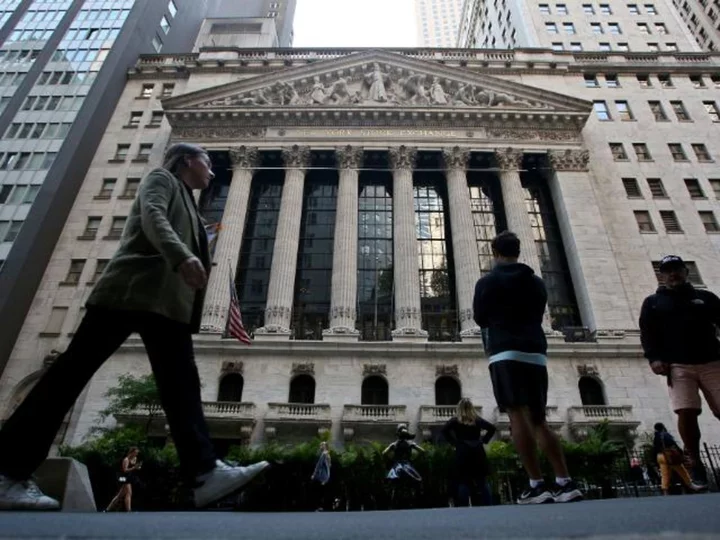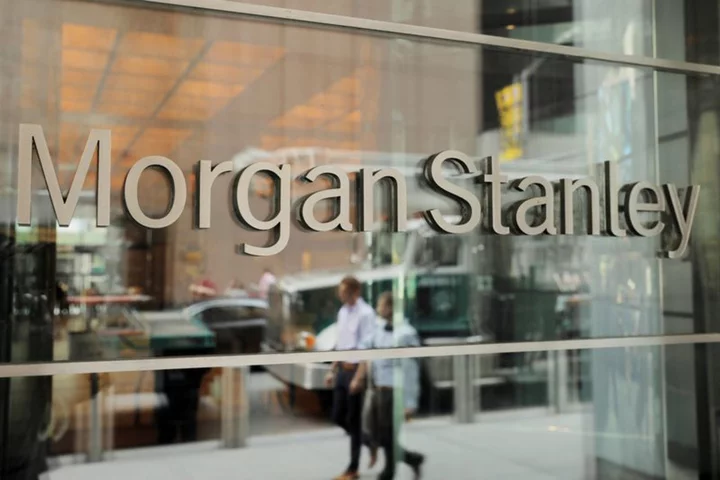Germany sees itself as the European defender of solid finances with its debt brake restricting the public deficit to 0.35% of GDP but the euro zone's largest economy relies on off-budget funds to comply with the debt ceiling for financing its fiscal needs.
Germany's constitutional court ruled on Wednesday that the coalition government's decision to re-allocate 60 billion euros ($65 billion) of unused debt from the pandemic era to its climate and transformation fund was unconstitutional, a blow that could put at risk other off-the-budget funds.
Germany currently has 29 special funds at the federal level, with a total volume of 869 billion euros ($941 billion), according to the independent auditing institution Bundesrechnungshof.
Here are five key special funds for the German economy accounting for more than half of the total volume:
CLIMATE AND TRANSFORMATION FUND
The Climate and Transformation fund has a total of 177 billion euros from 2023 to 2026 for green projects and support for industry.
Germany's constitutional court ruling leaves the fund with a hole of 60 billion euros which had been earmarked for initiatives such as making buildings more energy efficient and subsidising renewable electricity and chip production, as well as supporting energy-intensive companies.
ECONOMIC STABILISATION FUND
The ESF could be the next fund facing a legal challenge. It was created in 2020 with the aim of supporting companies through the coronavirus pandemic but has since last year focused on the energy crisis.
Friedrich Merz, whose main opposition Christian Democratic Union party successfully sued the government over the climate fund, said his party is considering a new lawsuit against the ESF.
Fears about other special funds seem overblown to Commerzbank's chief economist Joerg Kraemer, but he sees "considerable risks" for this particular fund.
FEDERAL ARMED FORCES FUND
Russia's attack on Ukraine marked a "turning point" in European security policy and Germany launched a one-off special fund for the armed forces amounting to 100 billion euros.
German Finance Minister Christian Lindner defends this fund as the only way to hit a 2% defence spending target for members of NATO, as a "bridge" until this can be paid from the federal budget.
This fund is covered by a separate constitutional exemption from the debt brake, so it is safe from the repercussions of the court ruling.
However, the armed forces fund faces a different challenge. It will be exhausted in 2027 and it is uncertain how the government will then comply with the NATO commitment.
EUROPEAN RECOVERY PROGRAM FUND
The oldest special fund, created in 1948 on the basis of the Marshall Plan in order to promote the reconstruction of the German economy after World War Two.
In 2023, it provided funds of around 943 million euros to support small and medium enterprises, in the form of low-interest loans and equity capital.
FUTURE FUND
Germany has an attractive start-up scene, but its venture capital market is too small, both in an international comparison and in relation to Germany's economic strength.
The government took note. The future fund was launched in 2021 with 10 billion euros to foster start-ups going through the capital-intensive scale-up phase.
($1 = 0.9237 euros)
(Reporting by Maria Martinez; editing by David Evans)









